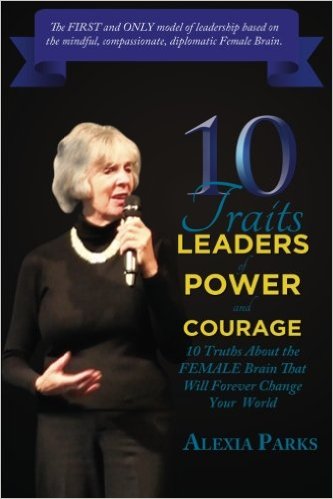If you could solve one of the world’s biggest challenges, what would it be, and why? Here’s one young woman’s story. Seven years ago, a photo was posted on a website of a young woman in a bright yellow teeshirt standing with a shovel in her hand. She is standing in a neatly dug hole in a small village in Africa, along with a half dozen young men who are helping her. The hole they have just dug will soon include a plastic pipe to deliver wastewater from a nearby public toilet, a maze of bricks to create anaerobic and aerobic sections, and enough dirt to fill the hole. On top, they’ll plant a banana tree.
Now, Bianca Griffith is CEO of AGUAinc an international wastewater utility and water treatment company based in Boulder, Colorado, that is currently building the largest sewage treatment facility in the world, in Africa – in a chemical-free, low-energy, sustainable way – using plants to help decontaminate the water.
When finished, their project in the Gambia, will consist of four olympic sized pools of wastewater covered by AGUAinc’s floating green filtration system called ABIS, that offers the look and beauty of park land, instead of an unsightly, smelly dumping site for raw sewage. It uses a clean technology floating green filter system that uses macrofites to turn raw sewage and wastewater into a floating parkland.
“The challenge for many developing countries,” says co-founder and COO of AGUA Inc, Pedro Tomas Delgado Ortiz, Unreasonable@sea entrepreneur who first met Griffith while on a visit to Boulder, “is that unsafe water is the #1 leading cause of disease and death.” According to a United Nations Environmental report, 90% of wastewater in developing countries is discharged untreated onto land, where it contaminates local drinking water supplies, or into rivers that pollute water downstream.
“Water treatment that mimics Nature is the solution,” he says. As proof, Ortiz points to a project in Mali where he oversaw the development of a chemical-free, plant-based system for eight thousand people that reduced the risk of cholera by 100% and childhood mortality by 75% in one year
Now, with 10 years of experience, 200 projects completed, and 4 million plants installed – with regional offices and agents in hot spots around the world, including Africa, Europe, and the Americas – the company shows how scalable, chemical free bio-technology can help revolutionize water treatment systems around the world. Success has brought praise from the Reverend Desmond Tutu, as well as a 1st Place award presented by Nobel Laureate Mohammad Yunus.
Is BLUE, that is, clean water, the new gold? Griffith and her savvy team of social impact entrepreneurs and their expert network of engineers, builders, biologists, botanists, researchers, urban planners, and financiers all agree. By combining Agua’s low cost, highly effective ABIS technology with a new perspective on project economics Griffith and Ortiz discovered that they could implement the new system by becoming a public utility and fund the implementation through private investment.
In her role as CEO, Bianca now spends some of her time educating urban planners, entrepreneurs, and social venture investors from around the world. Using charts and statistics she shows them why clean water investments in Africa make economic dollars and sense</a> and why it has now become the #1 best investment to make in clean technology through 2023.
Communities and cities around the world, she says, now have the opportunity to chose a chemical-free, energy-free, ecological wastewater treatment system based on Nature. “It sequesters carbon, operates at a fraction of the cost of conventional technology and is beautiful. And yes, she laughs, some people have even called it sexy!”
ALEXIA PARKS is a Virtual Mentor with the United Nations, an author, and one of Newsweek’s “50 People Who Matter Most On The Internet.” She is also the founder of the 10 TRAITS Women’s Leadership Training Program with training applications for all women, of all ages, in all countries.


